Federica Polidoro attempted to clean up her mess after the After the Hunt press junket with Andrew Garfield, Julia Roberts, and Ayo Edebiri went viral for all the wrong reasons.
The Italian journalist drew backlash after explicitly excluding Edebiri from a question about the #MeToo and Black Lives Matter movements—two movements rooted in women’s voices and racial justice, a.k.a. exactly the communities Edebiri belongs to.
For those catching up, Polidoro addressed a visibly confused Garfield and Roberts:
"The question was for Julia and Andrew. Now that the 'Me Too' era and that the Black Lives Matters are done, what do you expect in Hollywood? And what we lost, we lost something in the political outpouring, era?"
The delivery was clunky enough that Roberts asked her to repeat it, adding dryly, “With your sunglasses on, I can’t tell which of us you’re talking to.” Notably, Polidoro persisted in excluding Edebiri, who then stepped in with the kind of grace Polidoro couldn’t manage.
Edebiri responded:
"Sorry, I know that that [question] is not for me, and I don't know if it's purposeful that it's not for me, but I don't think it's done. I don't think it's done at all. I think maybe hashtags may not be used as much, but I do think that there's work being done by activists, by people every day, and it's beautiful, important work that's not finished, that's really, really active."
Edebiri didn’t just deliver the most thoughtful answer of the day—she did it while embodying exactly why her voice should have been prioritized in the first place.
You can watch the awkward moment below:
- YouTubeEntertainment Tonight/YouTube
And let’s be 100 percent clear: Ayo Edebiri isn’t some newcomer stumbling into the spotlight. She’s an Emmy and Golden Globe winner for The Bear, a rising comedy powerhouse who’s written for What We Do in the Shadows and Big Mouth, and the voice of Missy, a Black and biracial character whose arc wrestles directly with race and identity.
As a Black woman in Hollywood, she has consistently used her platform to highlight issues of representation, while also breaking barriers simply by existing in spaces that have historically sidelined women of color. To exclude her from a conversation about #MeToo and Black Lives Matter isn’t just tone-deaf—it’s erasing the very voices those movements fight to center.
Polidoro has since offered what she’s calling an “official statement,” though it reads less like an apology and more like a defensive diary entry better suited for a group therapy icebreaker.
Recasting herself as a victim, Polidoro posted the following on her Instagram:
“I find it striking that those who unjustly accuse me of racism and consider themselves custodians of justice find acceptable violent language, personal attacks, and cyberbullying.”
Step One of Apology 101: the first words should probably be “I’m sorry” or “I apologize,” not “Here’s why I’m hurt.”
She insisted the pile-on had overshadowed her “original intent,” which apparently only Roberts and Garfield were worthy of answering:
“I would like to clarify that, rather than focusing on the thoughtful responses of Ayo Edebiri, Julia Roberts, and Andrew Garfield, the discussion continues solely on how I should have phrased the question. All the contributions from those present were reported in full in the published interview, without any omissions.”
Then came the classic bingo card defense:
“To those who unjustly accuse me of racism, I would like to clarify that in my work I have interviewed people of every background and ethnicity, and my own family is multi-ethnic, matriarchal, and feminist, with a significant history of immigration.”
Translation: "I have diverse friends, therefore I can’t be racist." Somewhere, her manager is pouring a very stiff drink.
You can view the rest of her post here:
One glaring omission from this statement?
Any direct acknowledgment of Edebiri—the 29-year-old actress who was visibly sidelined in real time—or the fact that Polidoro chose to leave the only woman of color at the table out of a question that directly concerned race.
Critics have rightly called it insincere, not only for dodging responsibility but also for framing the backlash as a response to a wording issue instead of to a deliberate act of exclusion.
The math is simple: if you’re asking about movements centered on people of color and survivors, and you deliberately skip over the only Black woman sitting three feet in front of you, that’s not (as stated in Polidoro’s original reply in social media comments) “unclear or formulating with the wrong words.”
That’s a choice—and a glaring lapse in journalistic judgment. And it’s one Polidoro still hasn’t owned.
And social media had plenty to say in response to her so-called apology:

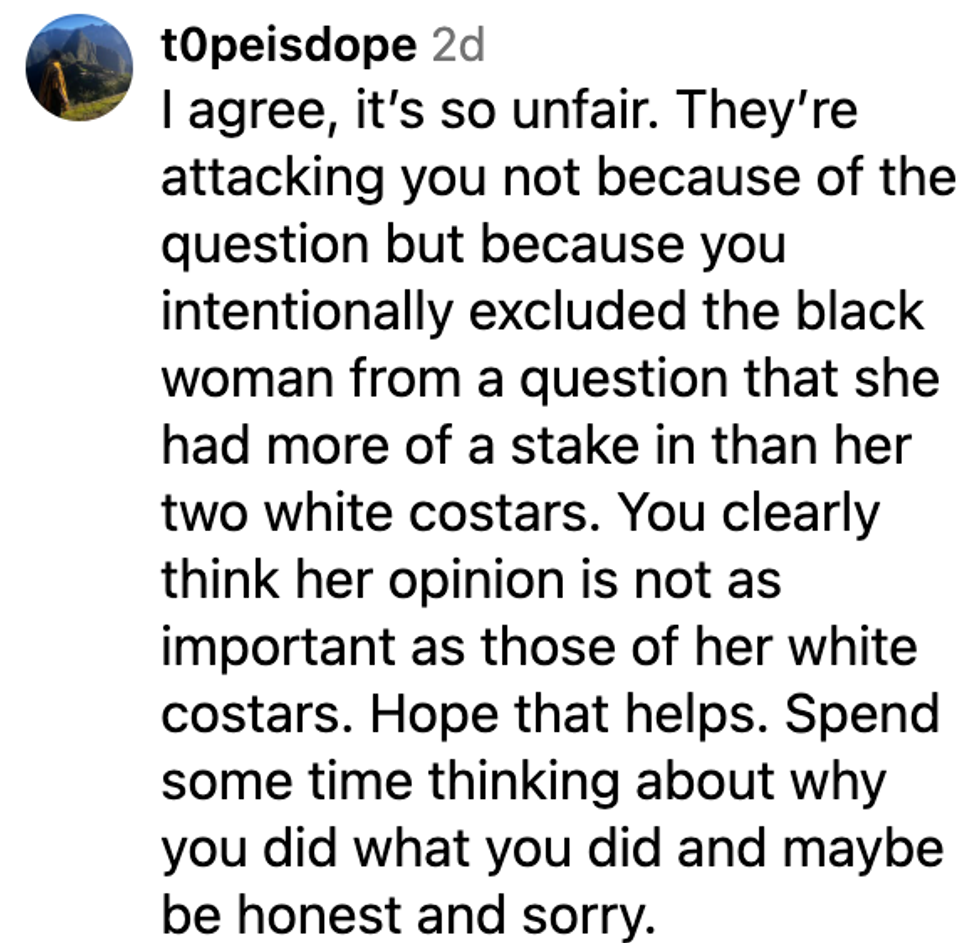
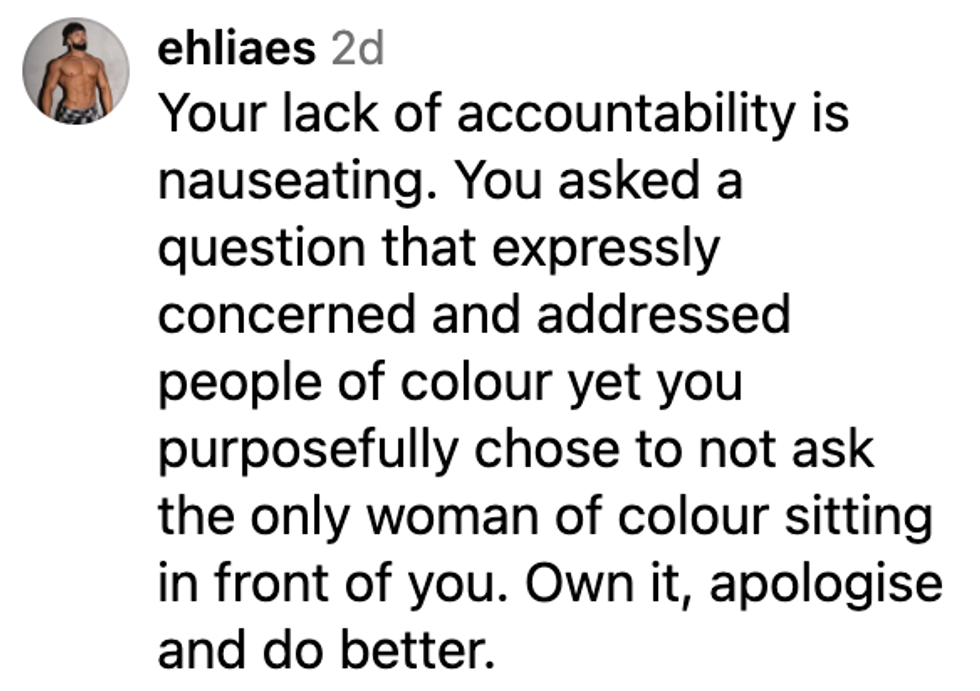
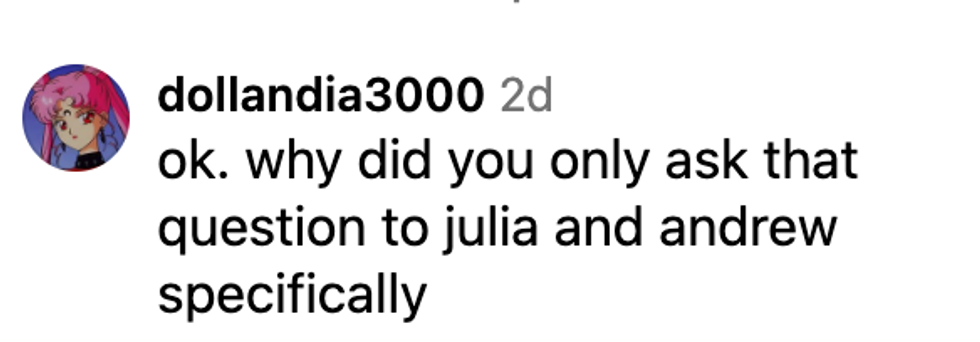
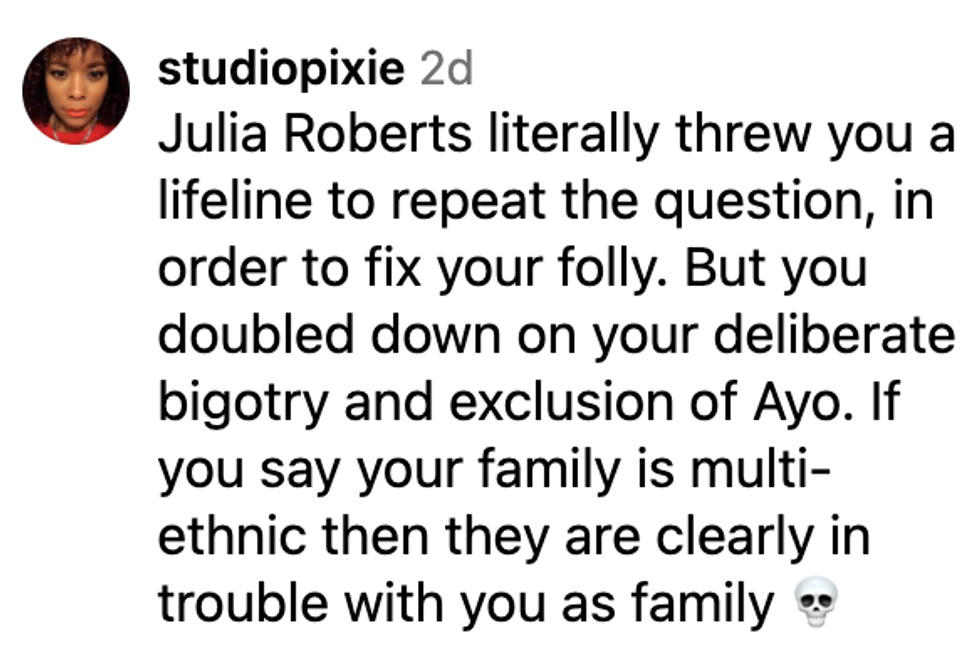
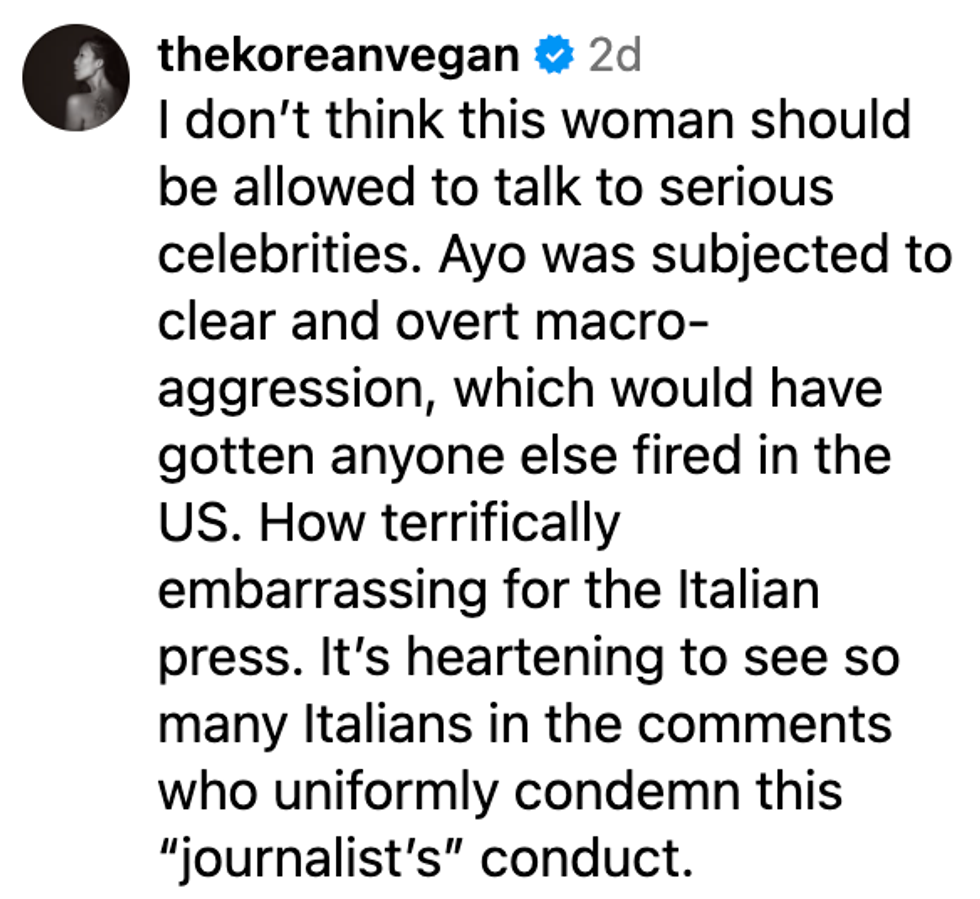
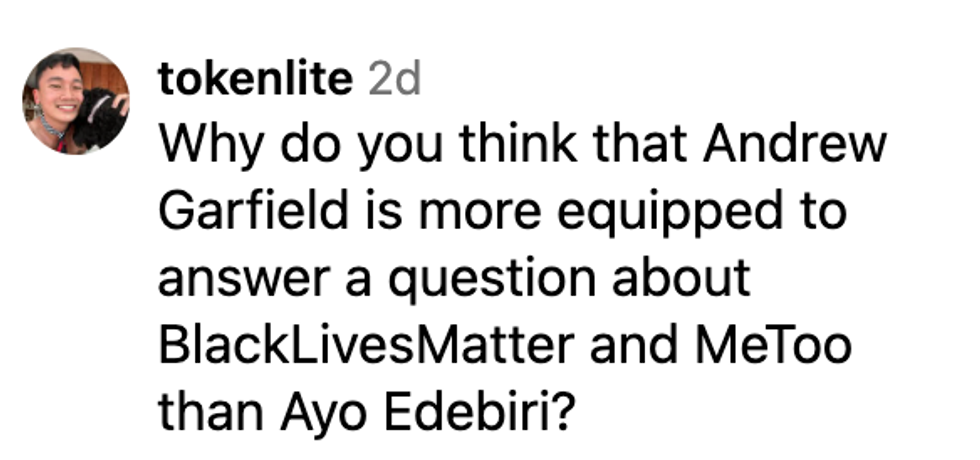
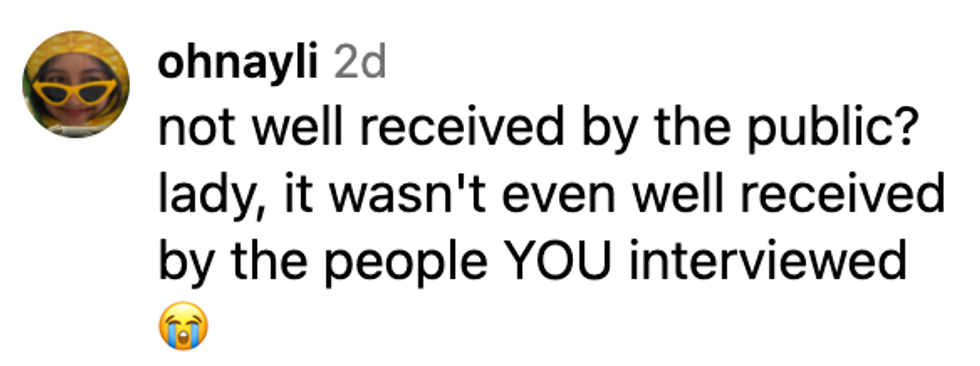
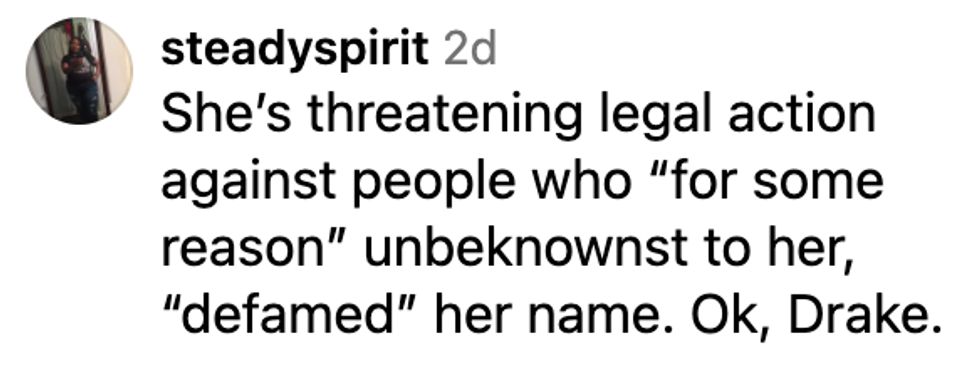

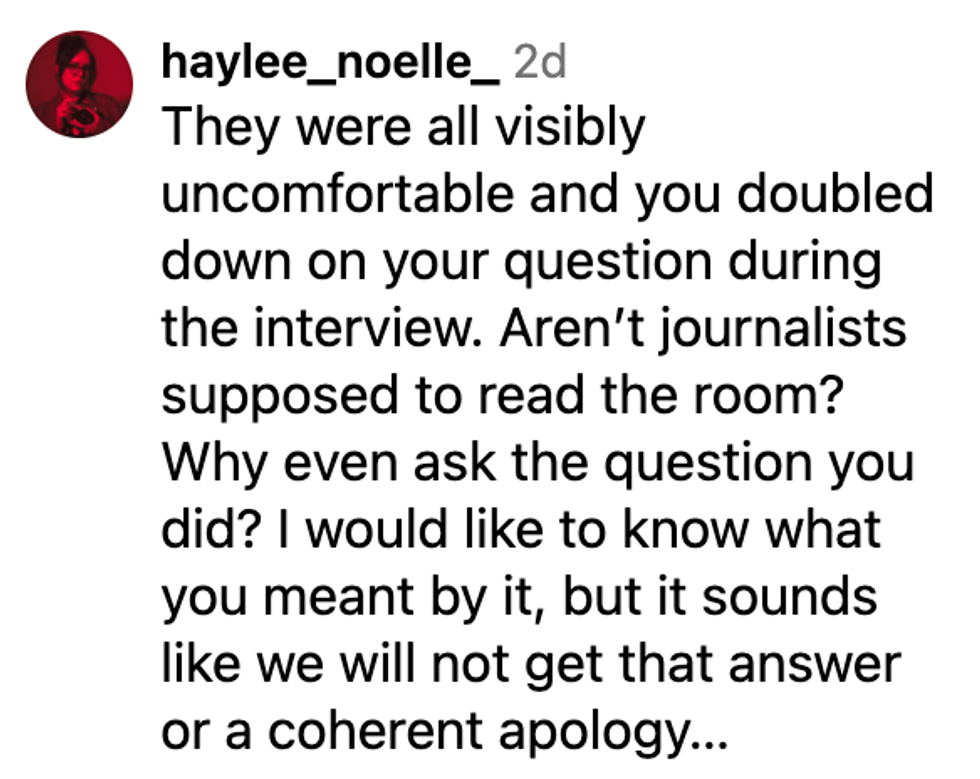
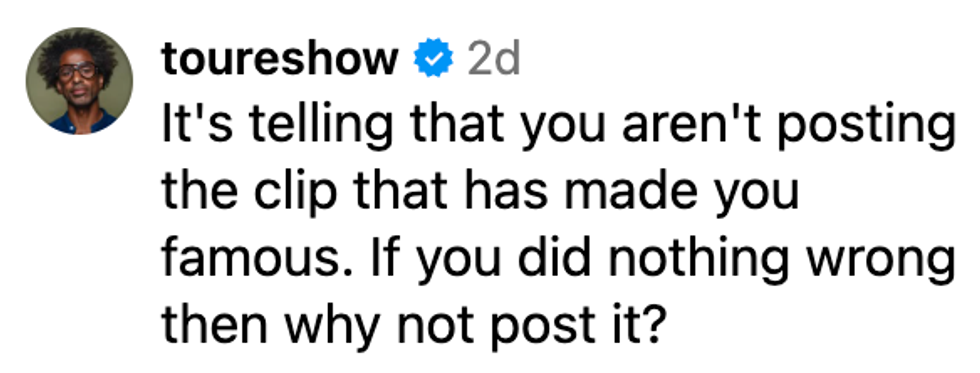
Polidoro noted in her Instagram post that she might seek legal protection against online attacks.
According to her social media bio, Polidoro is a Golden Globes voter, a member of the European Film Academy, and an awards-season analyst. She has written for The Hollywood Reporter and holds a master’s degree in film and audiovisual criticism. She also teaches publishing for fashion and entertainment at Italy’s National Academy of Fine Arts.
An impressive résumé, yes. But these credentials don't exempt her from being called out when she sidelines a voice that should have been front and center.
Meanwhile, Luca Guadagnino’s After the Hunt—a 2025 psychological thriller starring Roberts, Garfield, Edebiri, Michael Stuhlbarg, and Chloë Sevigny—continues to make headlines for all the reasons the director probably didn’t have in mind. The film follows a college professor caught between sexual abuse allegations involving her student and a colleague.
Coming out on October 10, here’s the trailer for After the Hunt:
- YouTubeAmazon MGM Studios/YouTube
Despite the PR fiasco, Polidoro’s lucky: cancellation fades fast, but accountability doesn’t. Hollywood loves a redemption arc—she just needs to stop rehearsing denial.
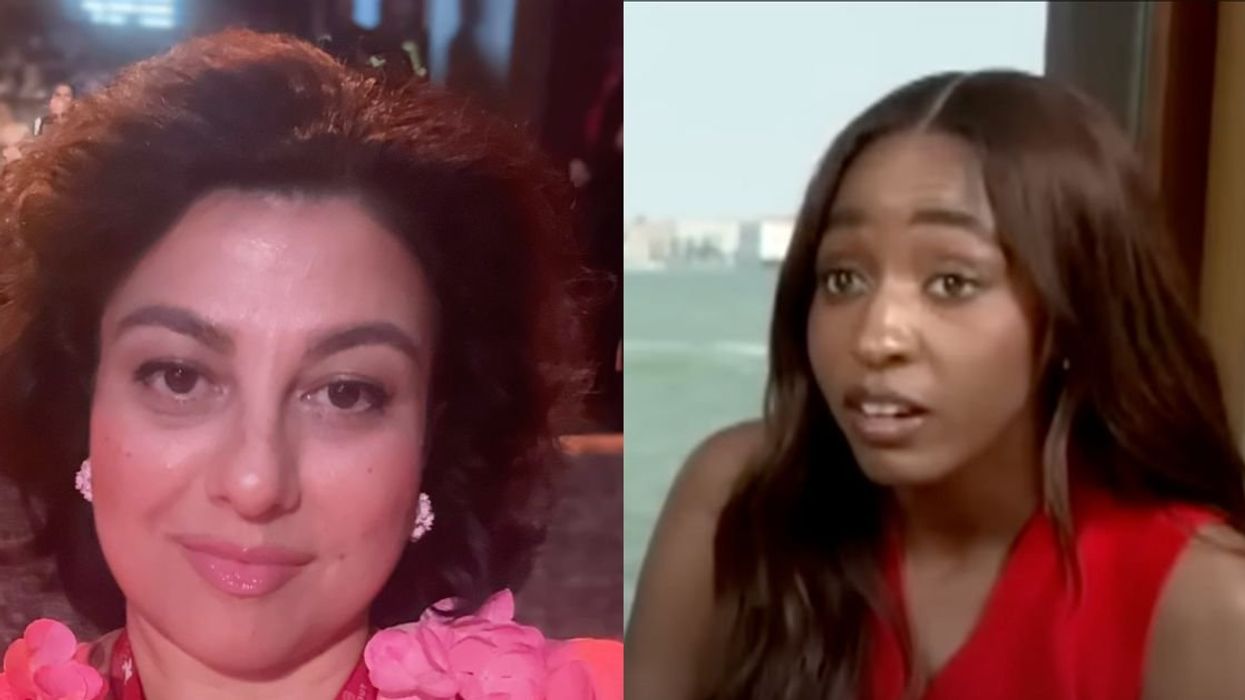

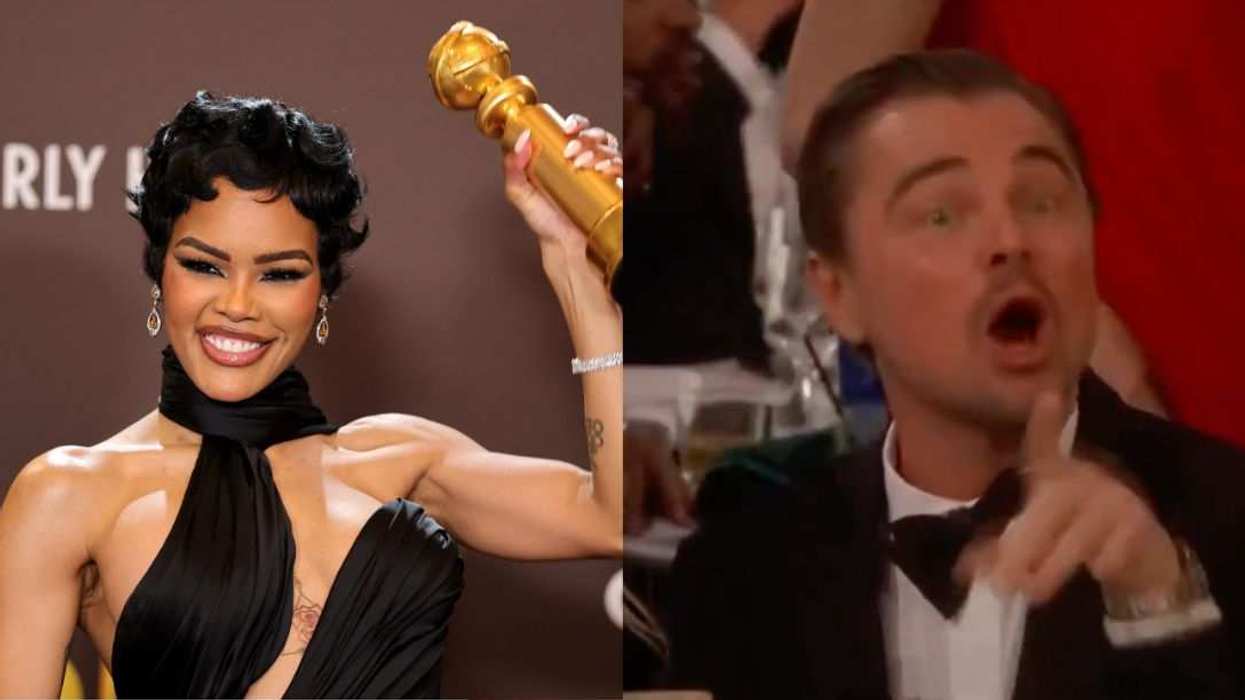
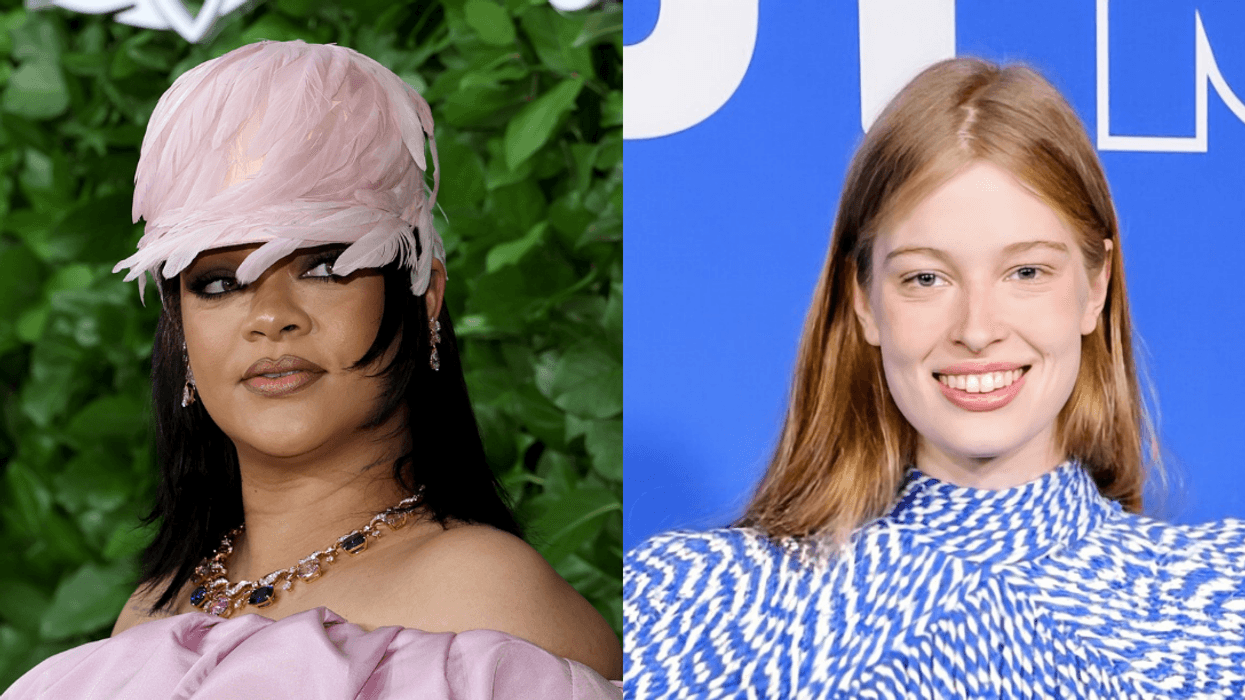
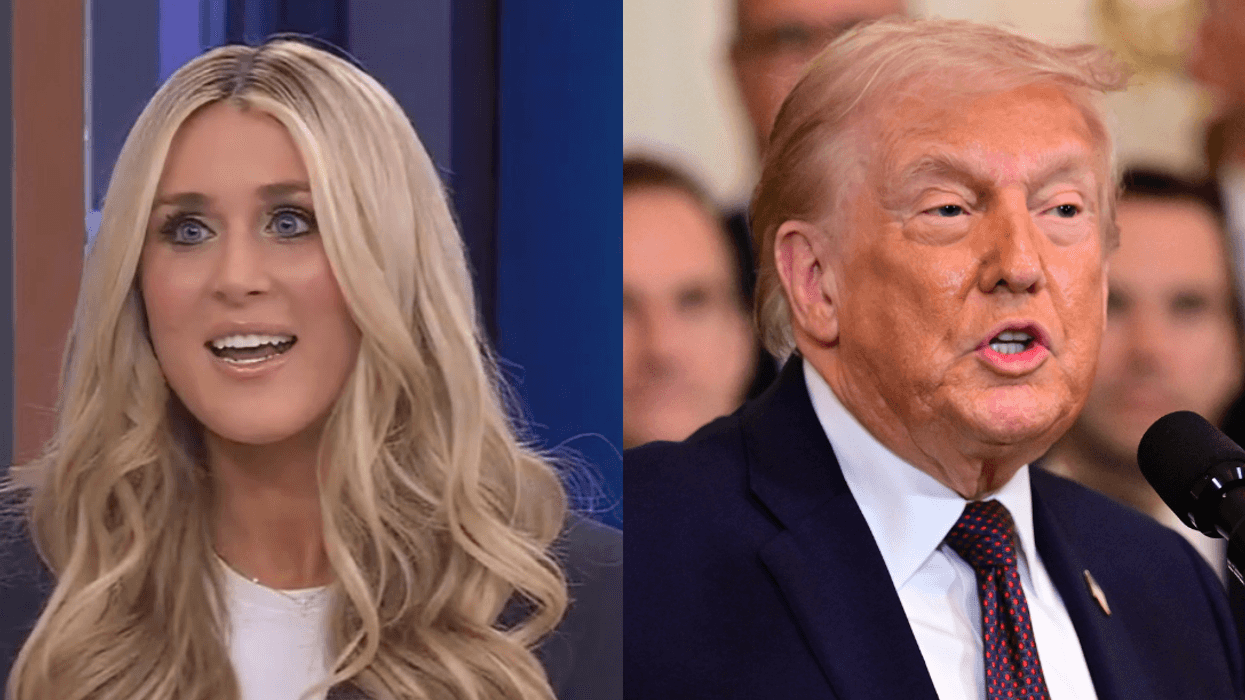
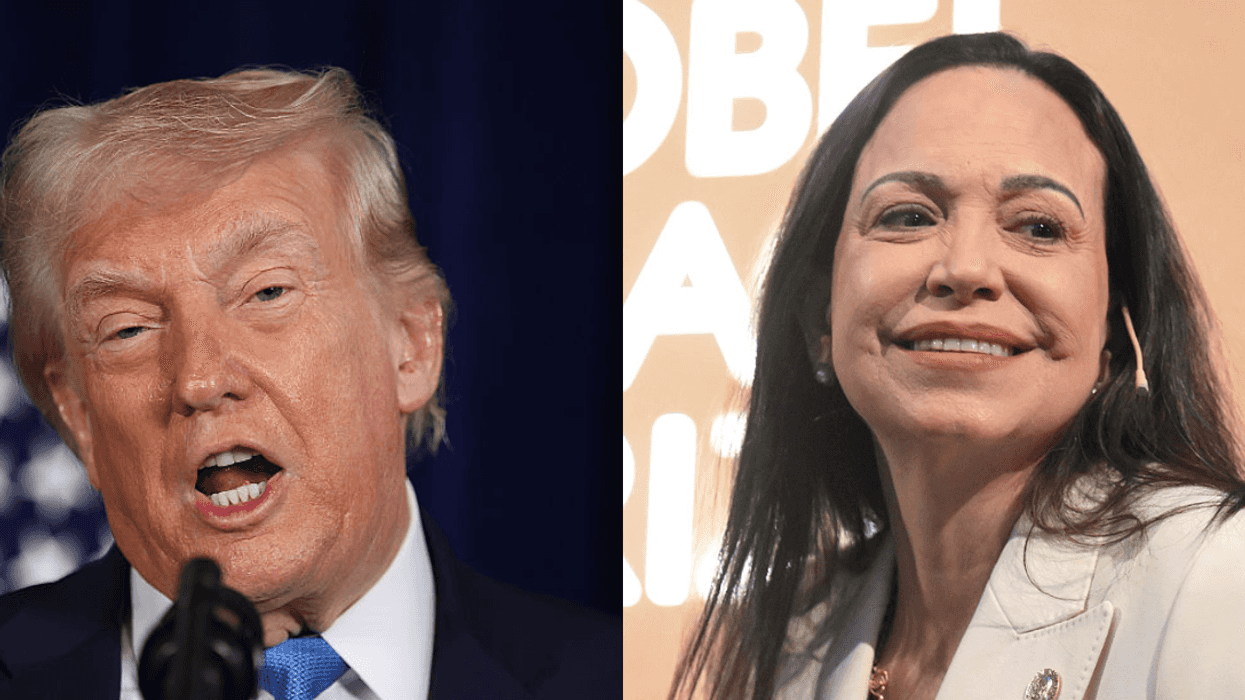
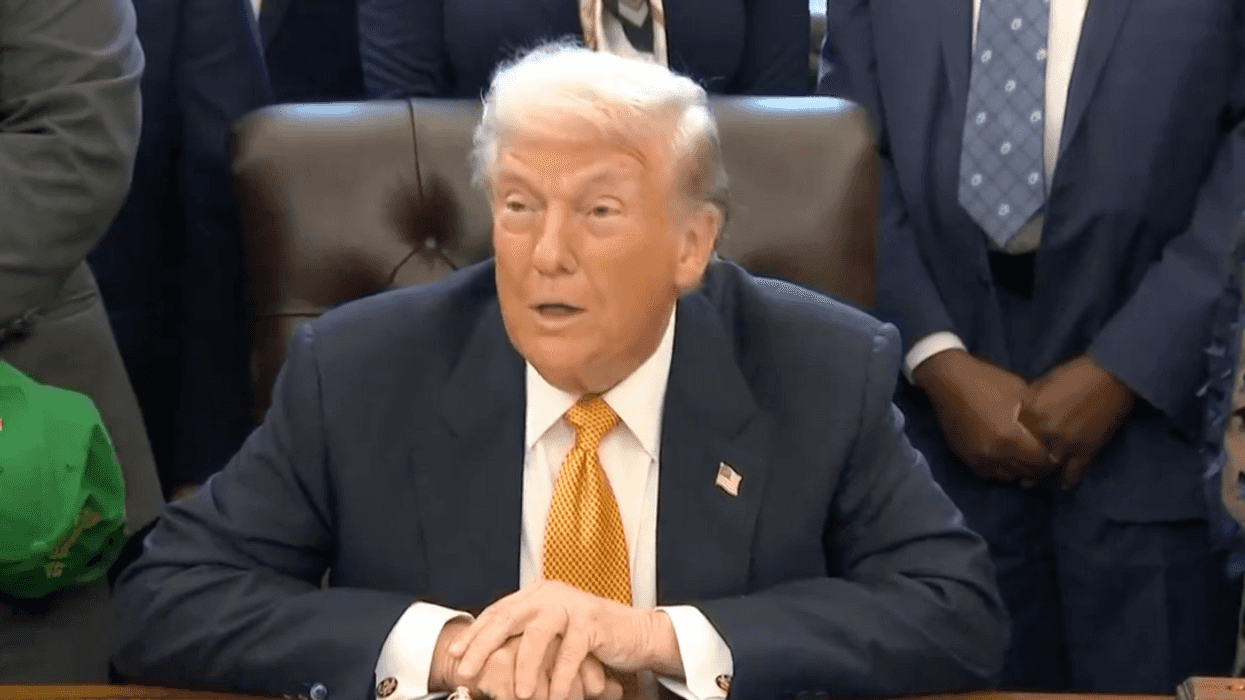
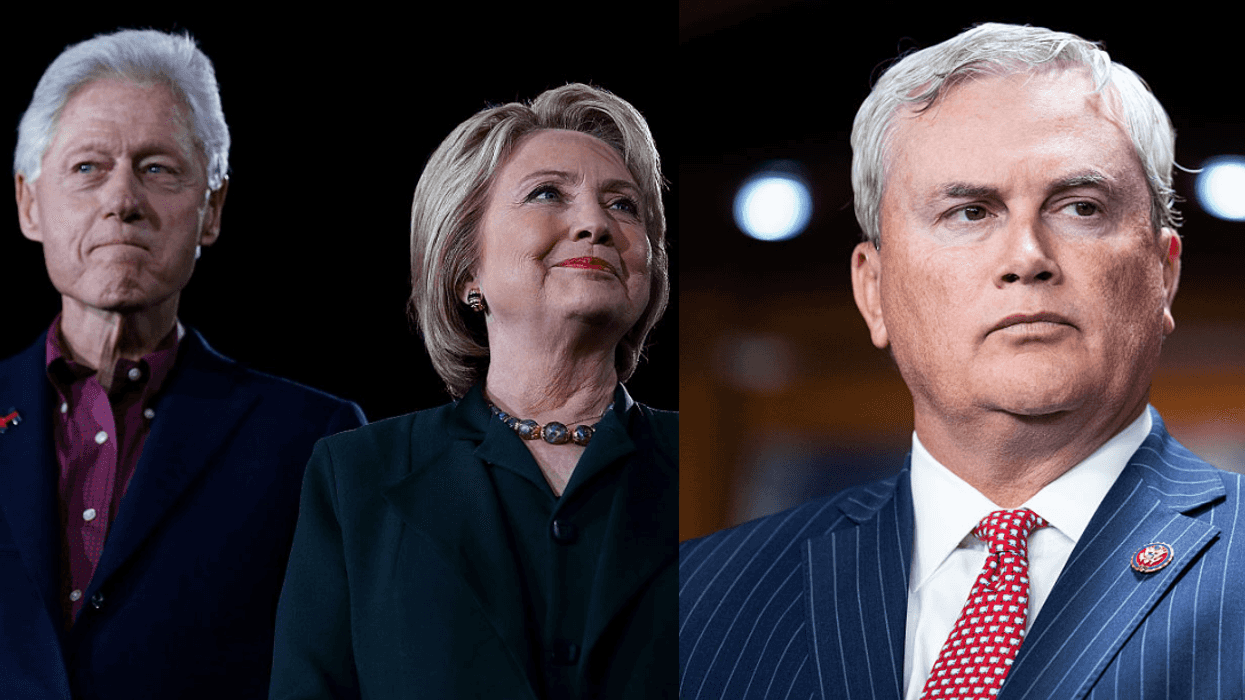
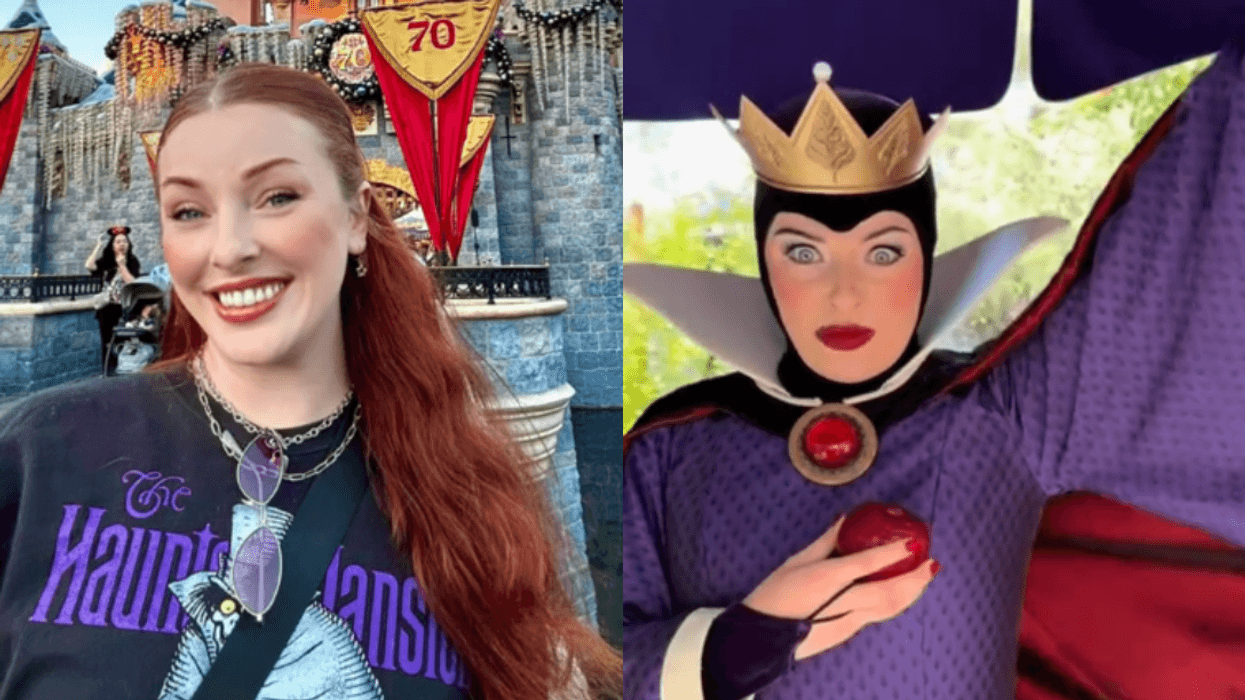

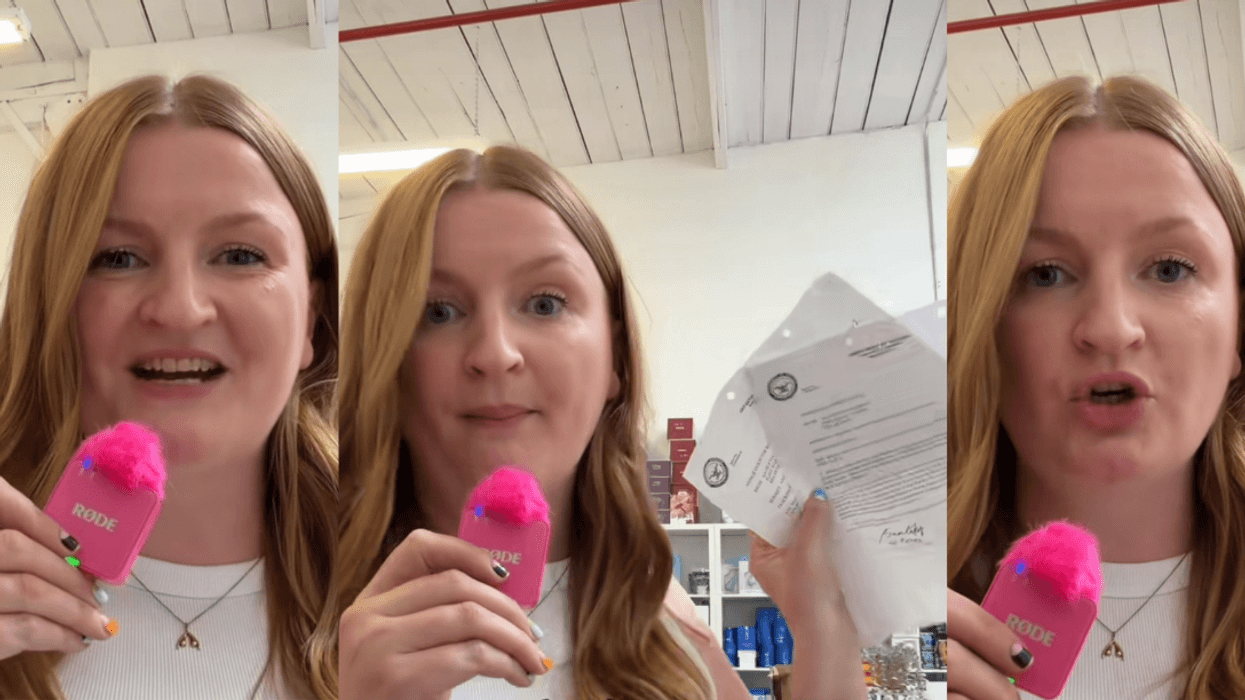
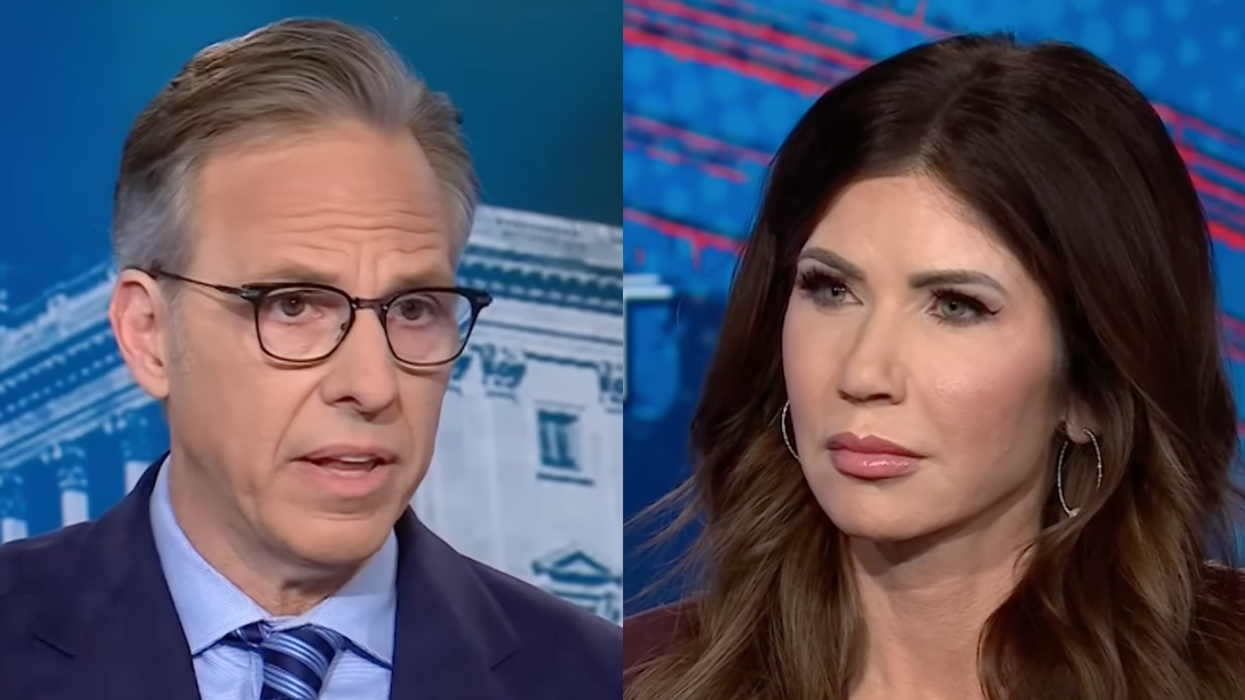
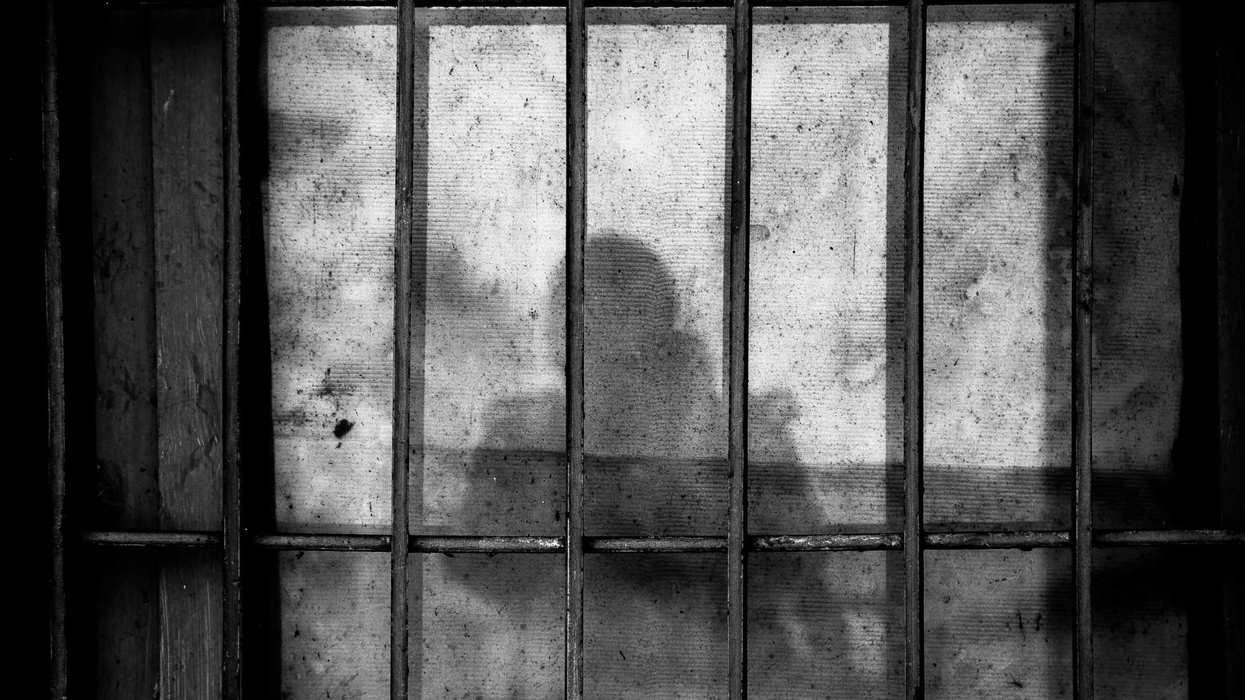
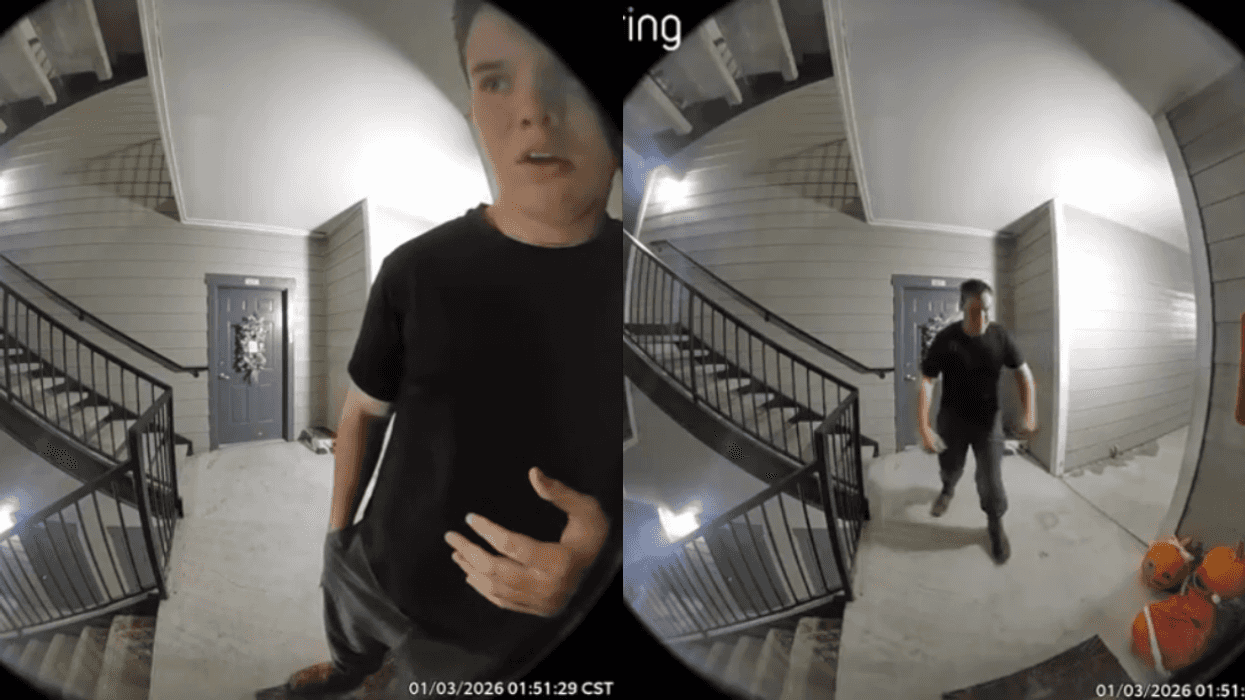
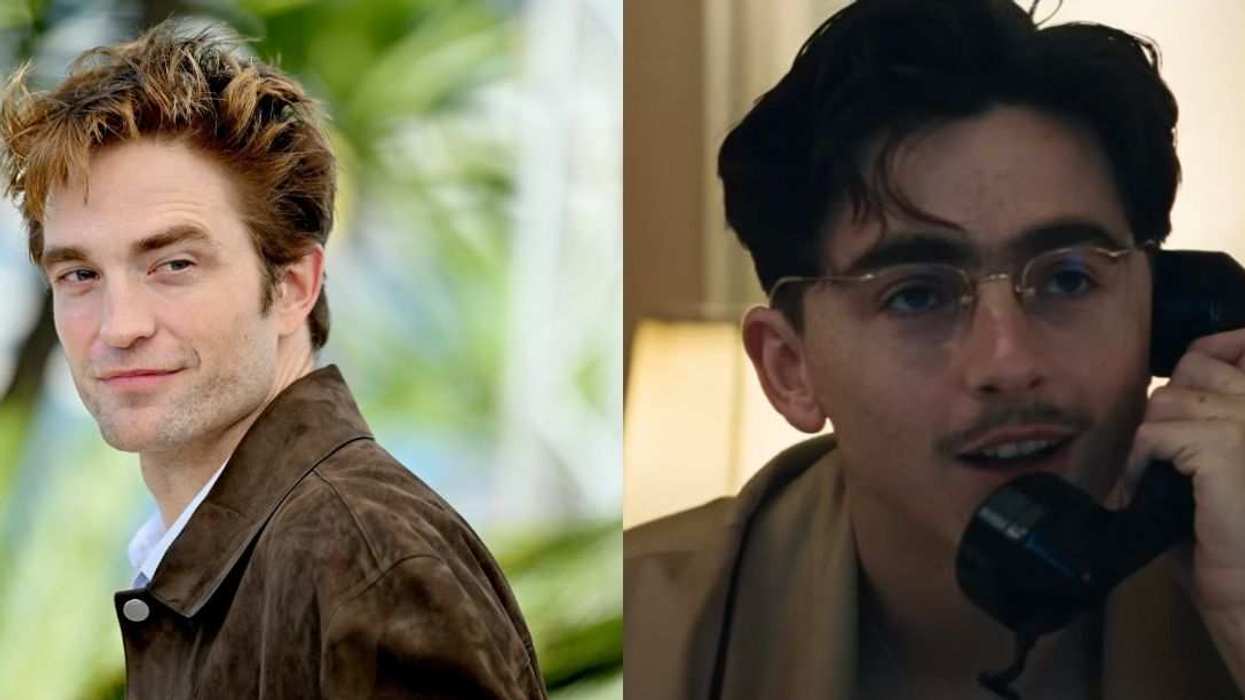

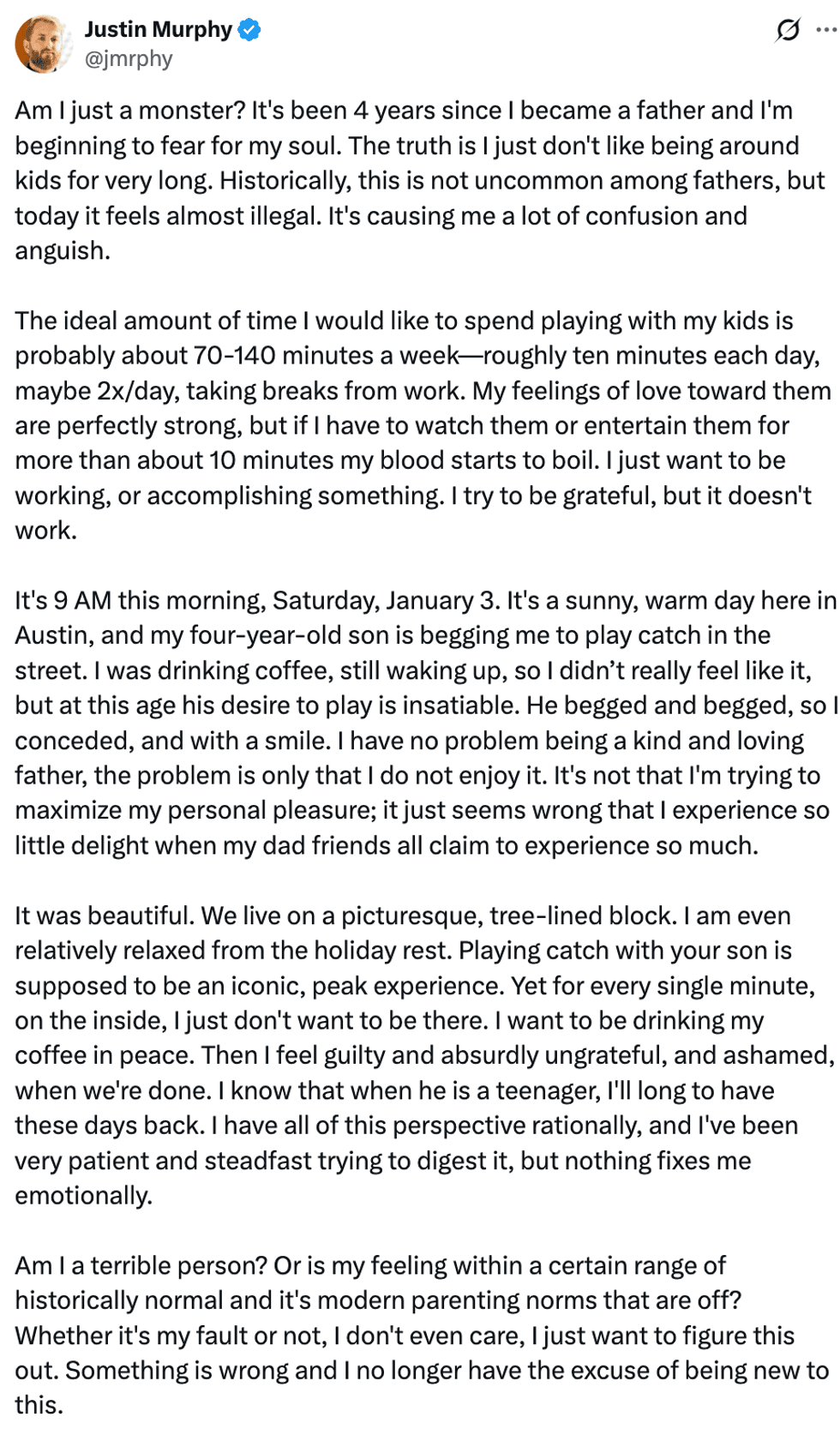 @jmrphy/X
@jmrphy/X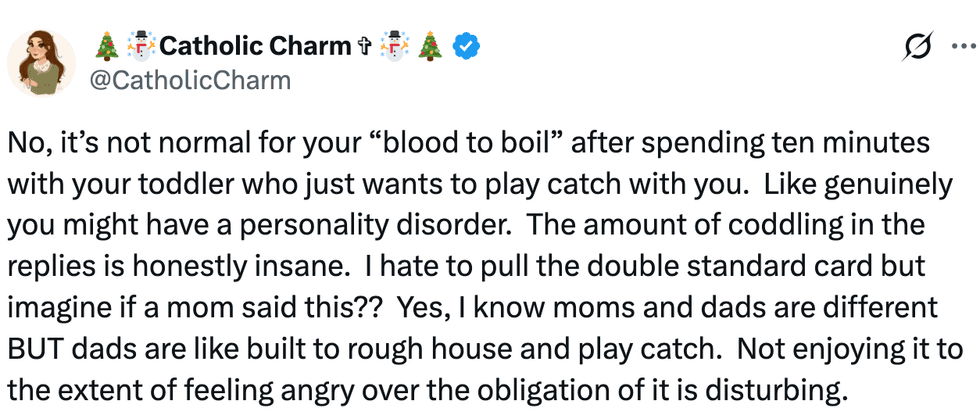 @CatholicCharm/X
@CatholicCharm/X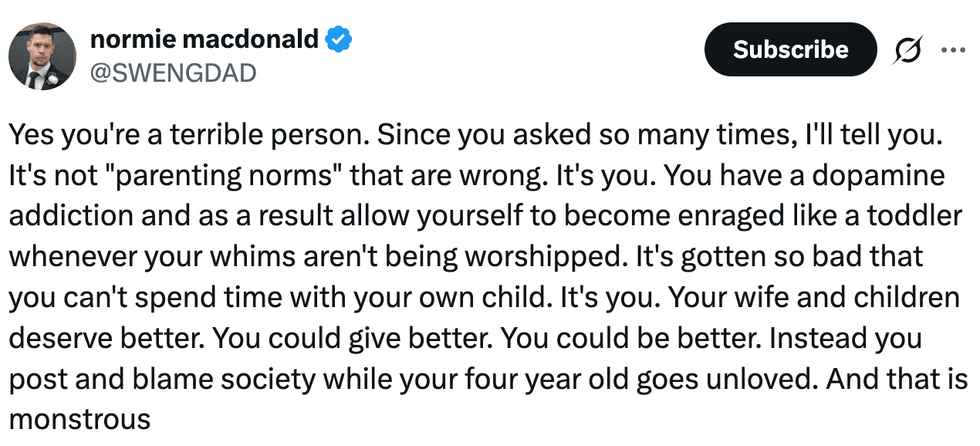 @SWENGDAD/X
@SWENGDAD/X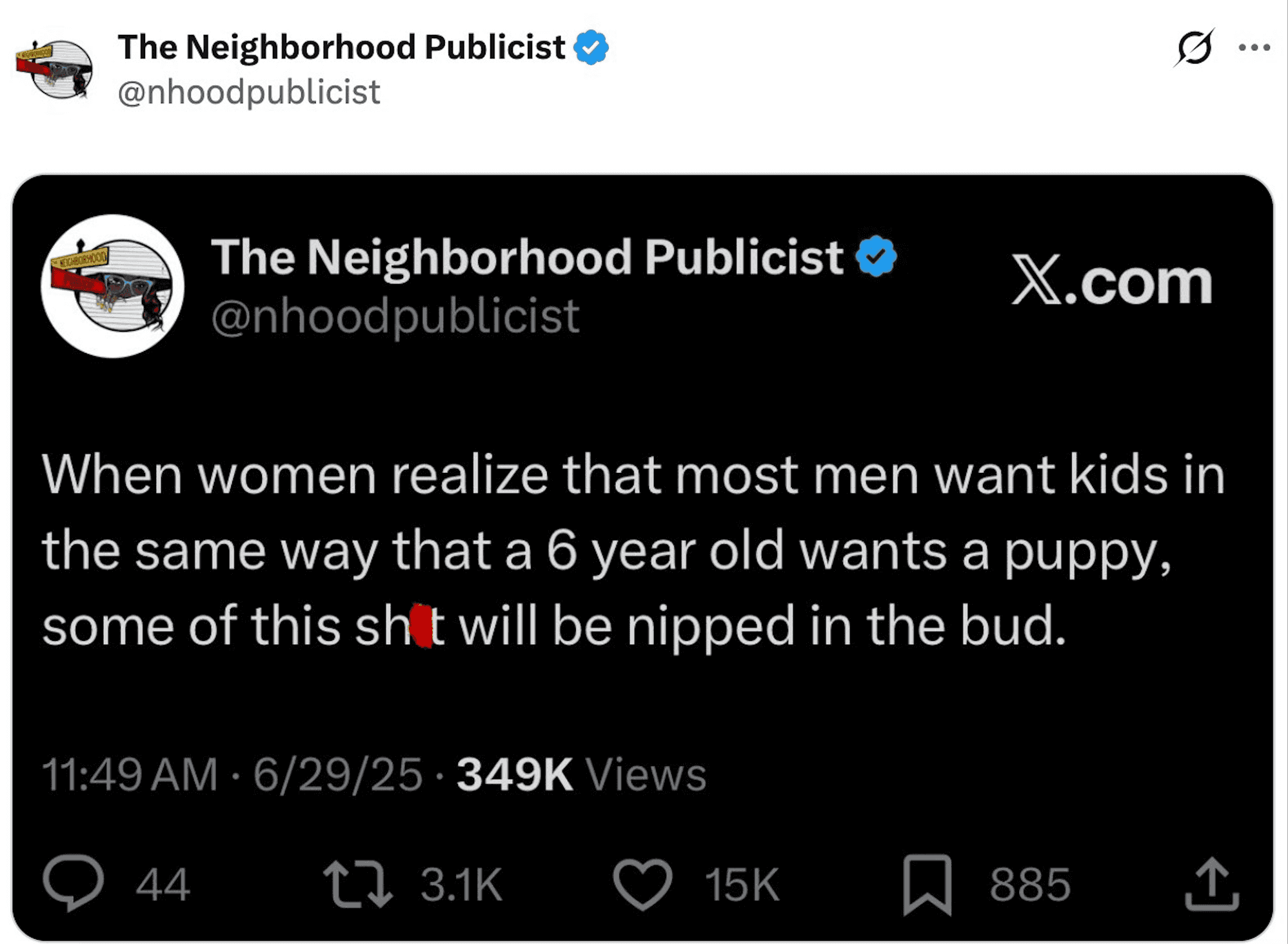 @nhoodpublicist/X
@nhoodpublicist/X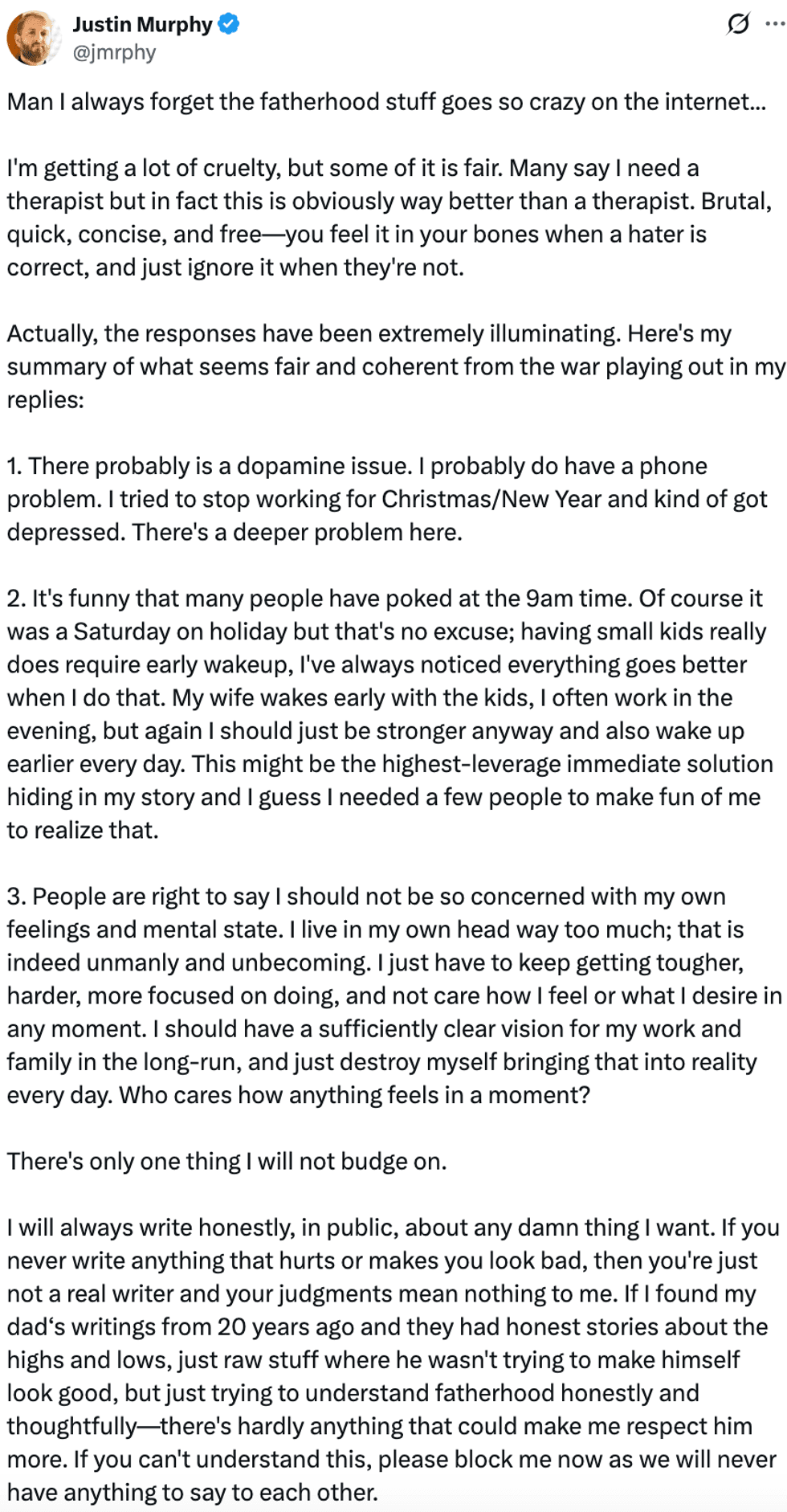 @jmrphy/X
@jmrphy/X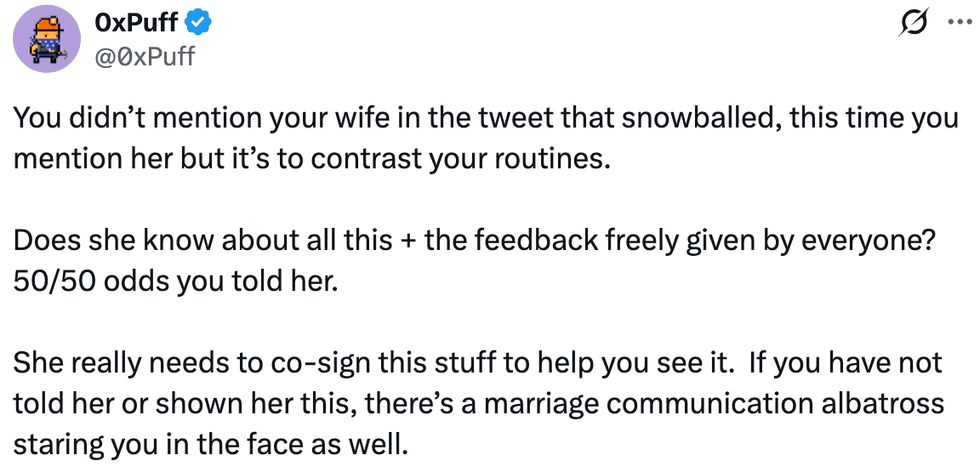 @0xPuff/X
@0xPuff/X